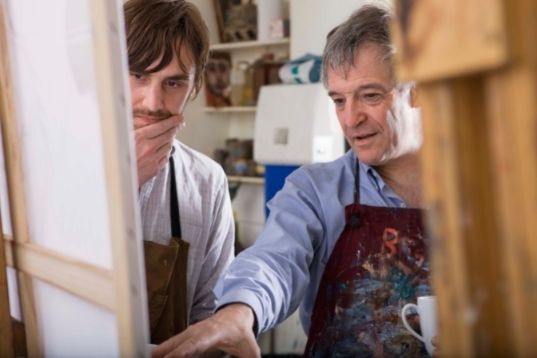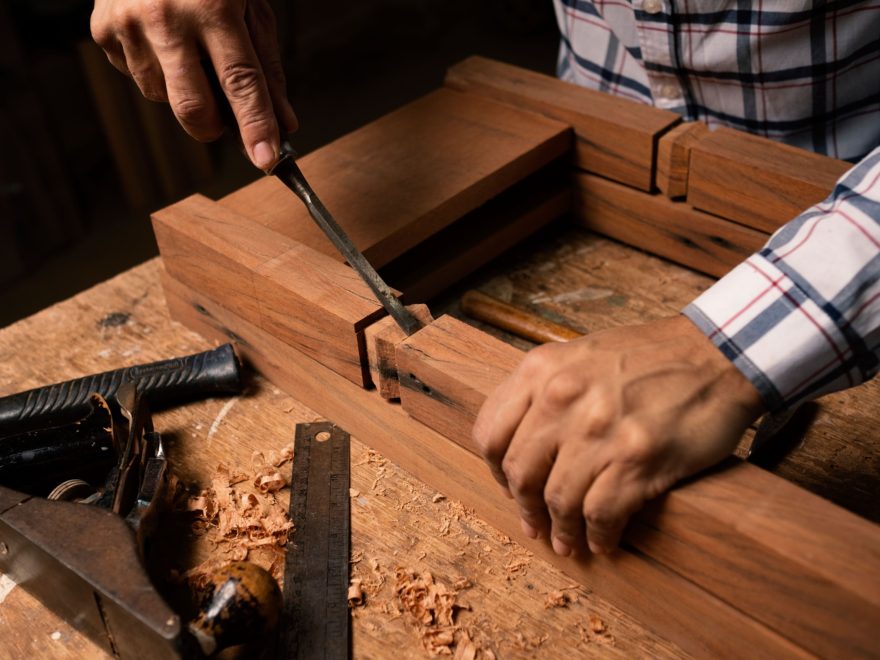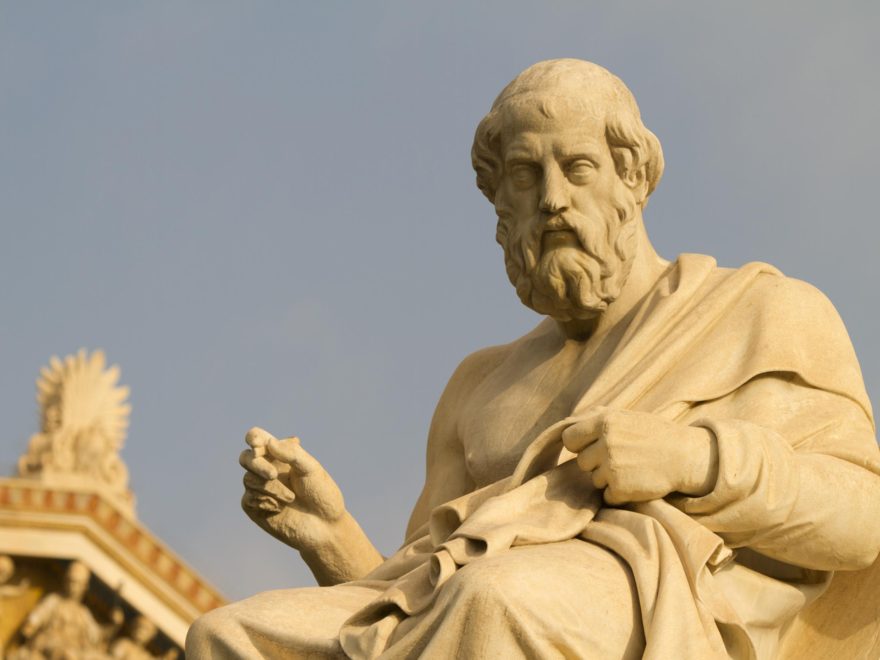Category: Classical Tradition
-

The Human Brain and the Liberal Arts
For some Christians, brain science and talk of “caring for your brain” can be uncomfortable. It smacks of a physicalist conception of reality in which all we are is our physical bodies. As Christians, we believe in the reality of the soul and a transcendent immaterial world. To focus myopically on the brain may cause…
-

Liberal Arts and the Transmission of Culture
In classical circles, we speak often about the importance of the liberal arts, over and against mere career-readiness skills, but we do not always elaborate. The reality is that career-readiness skills–skills like analyzing data, applying information technology, preparing for an interview, and completing tasks efficiently–are immensely helpful. The problem is not their usefulness, but their…
-

The Value of Objective Value: C. S. Lewis on Renewing Education
No matter what age you or your children are, I highly recommend The Chronicles of Narnia by C. S. Lewis for summer reading. They are lighthearted yet full of depth. I am reading aloud The Silver Chair, the fourth book in the seven-book series. For those who know the general contours of the series, this…
-

Apprenticeship in the Arts, Part 1: Traditions and Divisions
The previous two articles have paved the way both for our discussion of Aristotle’s intellectual virtue of techne, artistry or craftsmanship, as well as the intellectual virtue of phronesis, practical wisdom or prudence. In a strict sense, the analogy between artistry and morality is aside from our central argument, which consists in working out the…
-

Practicing in the Dark or the Day: Well-worn Paths or Bushwalking, Artistry and Moral Virtue Continued
In my last article we explored the analogy between Aristotle’s intellectual virtue of artistry or craftsmanship (Greek: techne) and moral virtue, taking our cue from the Nicomachean Ethics book II. Along the way we discovered the foundation for these two types of excellence in habit development or the neural networks of the brain. Excellence, according…
-

Moral Virtue and the Intellectual Virtue of Artistry or Craftsmanship
It might seem strange after the paradigm delineated above to focus our attention back on intellectual virtues alone, just after arguing for the holistic Christian purpose of education: the cultivation of moral, intellectual and spiritual virtues. But it is impossible to do everything in a single series or book. The cultivation of moral virtues requires…
-

6 Tips for Teaching Classically
This past fall, I announced the launch of my free eBook “The Craft of Teaching: ‘Teach Like a Champion’ for Classical Educators.” I am now excited to share that this summer I will be presenting a workshop on the same topic at the Society for Classical Learning‘s Annual Conference (you can access the full schedule…
-

Life in Plato’s Republic, Part 2: Building the Just City
“Don’t you know that the beginning is the most important place of every work and that this is especially so with anything young and tender? For at that stage it’s most plastic, and each thing assimilates itself to the model whose stamp anyone wishes to give it.” Plato, Republic, Book II Welcome back to my…
-

What Bloom’s Left Out: A Comparison with Aristotle’s Intellectual Virtues
In the last three articles in this series, I laid out the good, the bad and the ugly of Bloom’s Taxonomy. After the last two posts it is perhaps worth reaffirming the value of Bloom’s project. While I ultimately believe that Bloom and his colleagues may have done more harm than good, I do affirm…
-

Life in Plato’s Republic, Part 1: Is Justice Worth it?
“Whether we like it or not, whether we know it or not, we are all more or less Platonists. Even if we reject Plato’s conclusions, our views are shaped by the way in which he stated his problems.”1 In today’s article, I begin a new series on Plato’s Republic. I’ve been wanting to start this…
